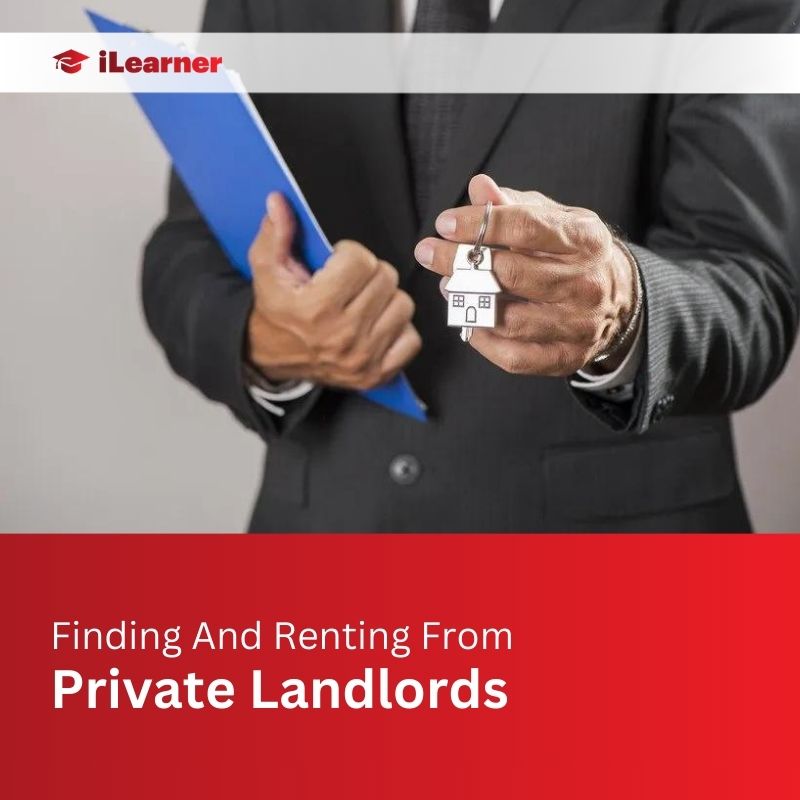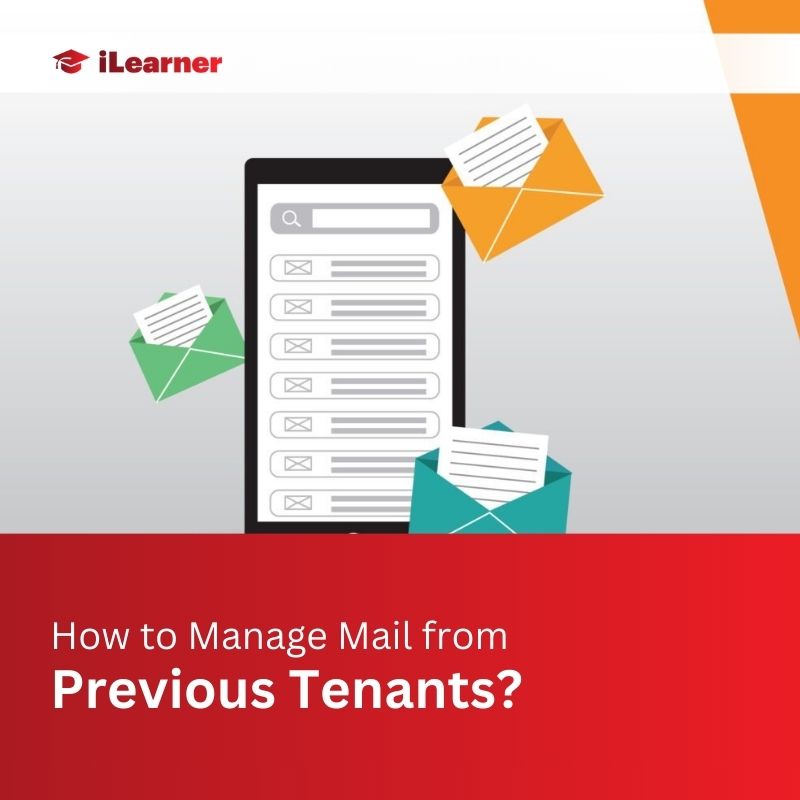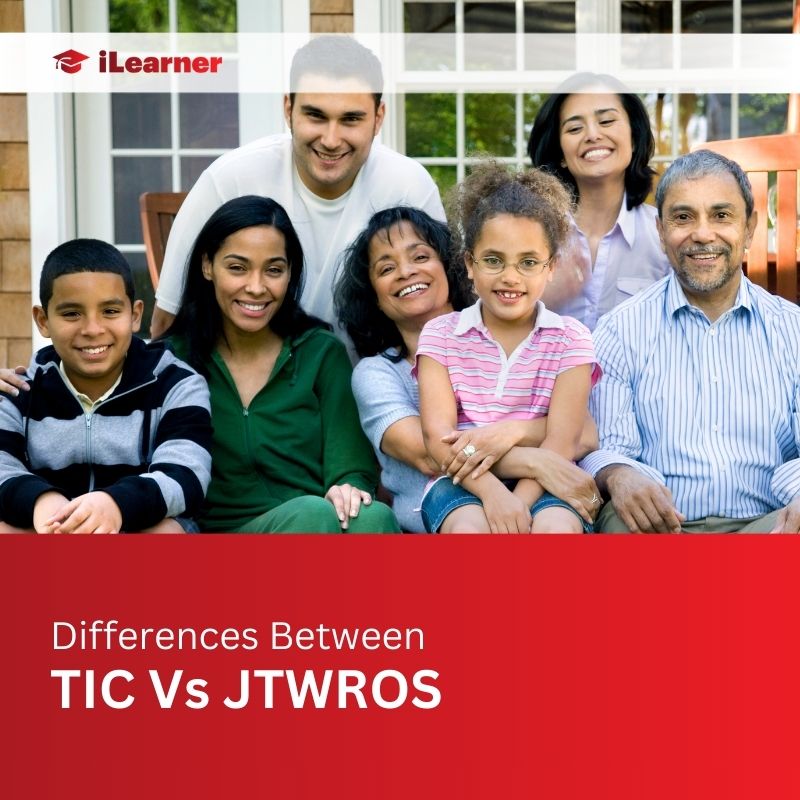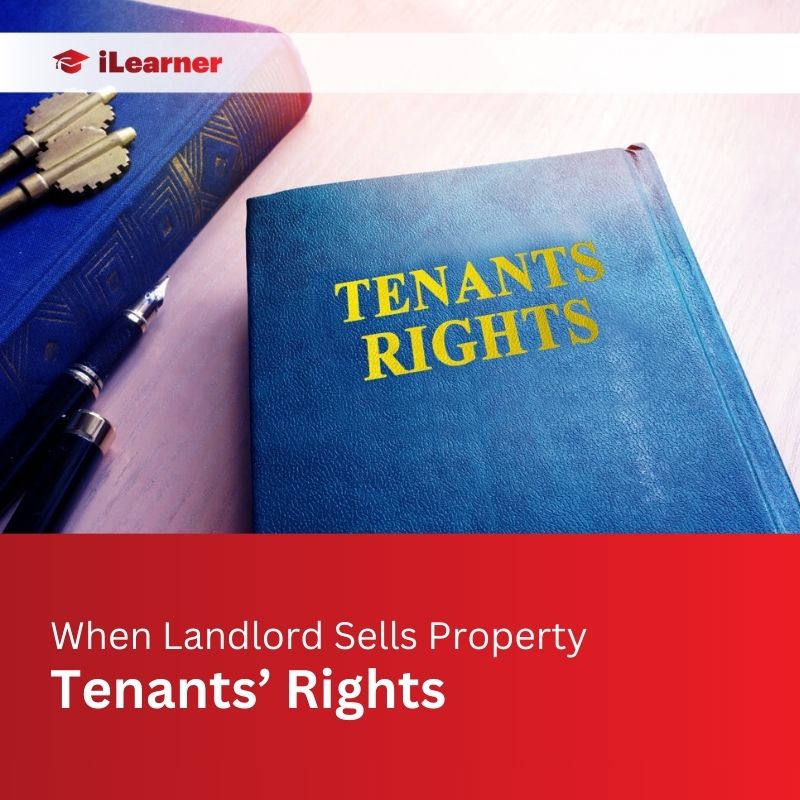In the competitive rental market, finding the perfect home can be a daunting task. From navigating through numerous listings to dealing with complex rental agreements, the process can be overwhelming for tenants.
However, one option that stands out amidst the sea of corporate-owned properties is renting from private landlords.
In this guide, we will explore the benefits of working with private landlords, effective strategies for finding them, tips for avoiding rental scams, insights into the landlord-tenant relationship, and much more.
Whether you’re a prospective tenant searching for your next rental home or a landlord considering renting out your property, this guide will provide you with valuable insights and practical tips for a successful rental experience.
Understanding Private Landlords
Private landlords play a crucial role in the rental market, offering individualized attention and flexibility that may not be available with corporate-owned properties. Unlike property management companies that oversee multiple properties, private landlords typically manage a smaller number of properties, allowing for personalized service and direct communication with tenants.
Additionally, private landlords often have a personal investment in their properties, which can translate into a higher level of care and maintenance.
How to Find Private Landlords
1. Utilizing Online Platforms
Websites like Zillow, Craigslist, Trulia, HotPads, and ByOwner.com are valuable resources for finding rental listings posted by private landlords. These platforms allow tenants to browse through a wide range of properties, filter search results based on specific criteria, and contact landlords directly.
2. Exploring Social Media
Social media platforms, particularly Facebook Marketplace and neighborhood Facebook groups, are increasingly popular avenues for finding rental properties. Tenants can join local groups dedicated to housing and rental listings, where private landlords often post available properties.
Additionally, platforms like Instagram, TikTok, Pinterest, and Twitter may also feature rental listings posted by private landlords.
3. Networking and Personal Connections
Building connections within your community can lead to valuable rental opportunities. Inform friends, family members, and colleagues about your housing search, as they may know of private landlords looking to rent out their properties. Attending local events, networking meetings, or community gatherings can also help you connect with potential landlords.
4. Traditional Media Sources
Don’t overlook traditional media sources such as local newspapers, classified ads, bulletin boards, and shop windows. Many private landlords still advertise their rental properties through these channels, making them an effective way to find available listings in your area.
Pros & Cons of Renting from Private Landlords
Renting from private landlords offers several advantages, including:
- Hands-on Approach: Private landlords are often more hands-on and accessible than property management companies, allowing for quicker responses to maintenance requests and tenant inquiries.
- Flexibility and Negotiation: Private landlords may be more flexible with lease terms and rental agreements, allowing tenants to negotiate terms that meet their needs.
- Individual Attention: With fewer properties to manage, private landlords can provide individualized attention to tenants, fostering stronger landlord-tenant relationships.
- Potential Cost Savings: Private landlords may offer competitive rental rates and may be more willing to negotiate on rent or fees.
However, renting from private landlords also has its drawbacks, including:
- Limited Resources: Private landlords may have limited resources compared to property management companies, which could result in delays or challenges in addressing maintenance issues.
- Inconsistent Policies: Private landlords may have less formalized policies and procedures compared to property management companies, leading to inconsistencies in how rental matters are handled.
- Lack of Professionalism: Some private landlords may lack the professionalism and expertise of property management companies, potentially leading to misunderstandings or disputes.
- Limited Availability: Private landlords may have fewer available properties compared to property management companies, limiting tenants’ options in the rental market.
Avoiding Rental Scams
When searching for rental properties, tenants should be vigilant to avoid falling victim to rental scams. Here are some red flags to watch out for:
- Requests for Wire Transfers or Cash Payments: Genuine landlords will typically accept secure payment methods such as checks or online transfers. Be wary of landlords who request cash payments or wire transfers, as these can be indicators of fraudulent activity.
- Unrealistically Low Rental Prices: If a rental listing seems too good to be true, it probably is. Scammers often lure tenants with unrealistically low rental prices to attract attention.
- Landlords Unwilling to Meet in Person or Show the Property: Legitimate landlords will be willing to meet with prospective tenants and show them the property in person. Avoid landlords who refuse to meet or provide excuses for not showing the property.
- Lack of Verifiable Contact Information or Ownership Documentation: Verify the landlord’s identity and ownership of the property through official documents or public records. Avoid landlords who cannot provide verifiable contact information or ownership documentation.
To ensure safe transactions, tenants should follow these best practices:
- Always Meet the Landlord and View the Property in Person: Before signing any agreements or making any payments, meet the landlord in person and tour the property. This allows you to verify the legitimacy of the rental listing and assess the condition of the property.
- Verify the Landlord’s Identity and Ownership of the Property: Request proof of identity and ownership from the landlord, such as a government-issued ID and property deed or lease agreement. Verify this information through official channels or public records.
- Use Secure Payment Methods: When making rental payments or security deposits, use secure payment methods such as checks, online transfers, or payment platforms that offer buyer protection. Avoid cash payments or wire transfers, as these are more difficult to trace and recover in case of fraud.
- Trust Your Instincts: If something feels off or too good to be true, trust your instincts and proceed with caution. Don’t hesitate to walk away from a rental opportunity if you have doubts or concerns about its legitimacy.
Being a Private Landlord vs. Using Property Management Companies
Deciding whether to rent out a property as a private landlord or enlist the services of a property management company depends on various factors, including time availability, expertise, financial considerations, and the scale of properties.
Time and Availability Considerations
Private landlords must dedicate time to manage their properties directly, including handling maintenance requests, tenant inquiries, and lease agreements. Property management companies offer professional management services, freeing up landlords’ time and providing 24/7 availability for tenants.
Expertise and Knowledge
Private landlords may have a personal investment in their properties but may lack the expertise and resources of professional property managers. Property management companies bring industry expertise, legal knowledge, and access to professional networks to ensure efficient property management.
Tenant Relationships
Private landlords often develop personal relationships with tenants, fostering trust and open communication. Property management companies prioritize tenant satisfaction through established protocols and consistent communication channels.
Financial Considerations
Private landlords retain full control over rental income and expenses but bear the responsibility of covering maintenance and repair costs. Property management companies charge fees for their services but provide cost-effective solutions and may offer discounts through vendor partnerships.
Scale of Properties
Private landlords typically manage a small number of properties, allowing for greater attention to detail and personalized service. Property management companies specialize in managing large portfolios of properties, offering scalability and efficiency in operations.
Additionally, technology solutions such as property management software can streamline rental operations for private landlords, providing features such as online rent collection, maintenance tracking, and tenant communication tools. Platforms like Azibo cater specifically to the needs of private landlords, offering user-friendly interfaces and customizable features to simplify property management tasks.
Conclusion
Renting from private landlords offers both advantages and challenges for tenants and landlords alike.
By understanding the dynamics of the landlord-tenant relationship, utilizing effective search strategies, and exercising caution to avoid scams, tenants can find the perfect rental home while landlords can attract and retain reliable tenants.
Ultimately, fostering positive relationships and effective communication between tenants and landlords is key to ensuring a successful and harmonious rental experience for all parties involved.
FAQs: How to Find Private Landlords
Q1. What are some tips for standing out as a tenant when applying for rental properties?
When applying for rental properties, tenants can stand out by highlighting stable employment history, good credit history, and positive rental references.
Providing a complete rental application with all required documents and demonstrating responsibility and reliability during the viewing and application process can also make a favorable impression on landlords.
Q2. What does FRBO (For Rent By Owner) mean?
FRBO, or For Rent By Owner, refers to rental properties that are managed directly by the property owner, without the involvement of a property management company.
Renting from an FRBO property allows tenants to interact directly with the landlord and may offer more flexibility and personalized service compared to corporate-owned properties.
Also Read:
- Tenants In Common Vs Joint Tenants With Right Of Survivorship
- Tenants’ Rights When Landlord Sells Property: A Comprehensive Guide
- What Is Tenant Estoppel Certificate In A Commercial Lease
- How Much Can a Landlord Raise Rent in Florida?
- Are Evictions Public Record
- Understanding Squatters’ Rights in Colorado: A Comprehensive Guide
- Tenant Rights In Colorado: Rental Laws For Landlords




